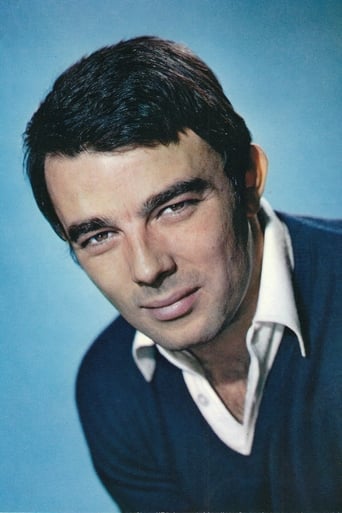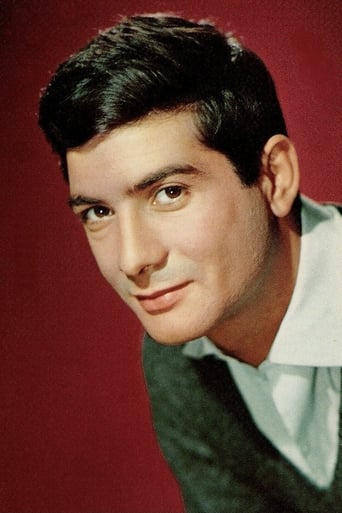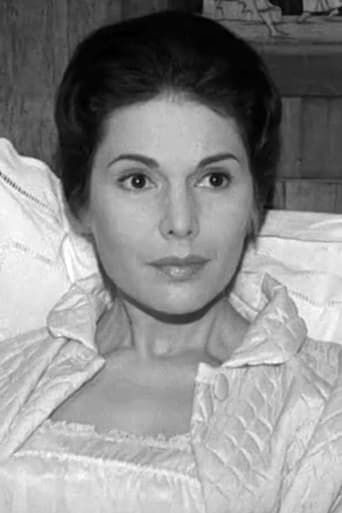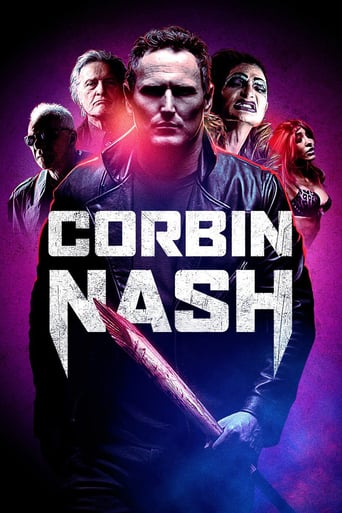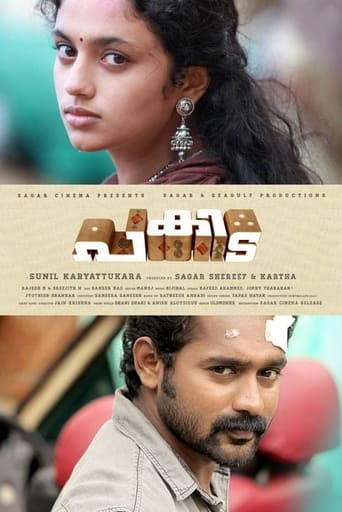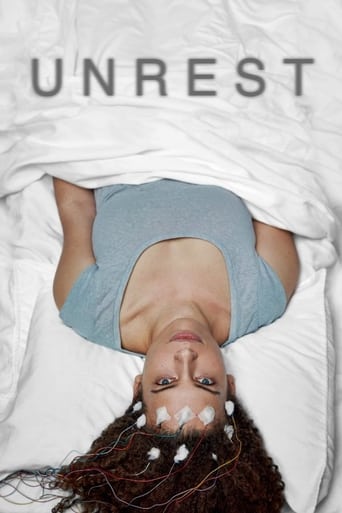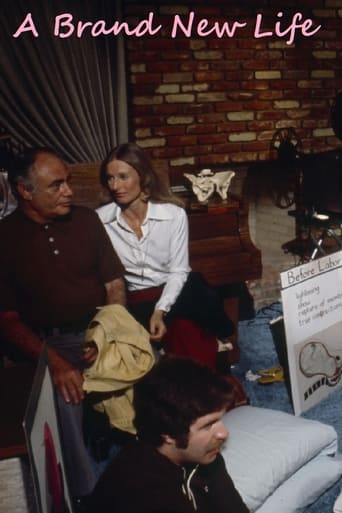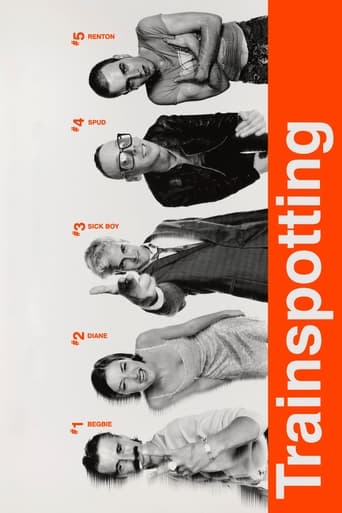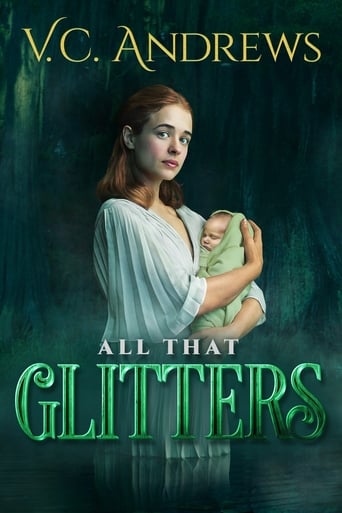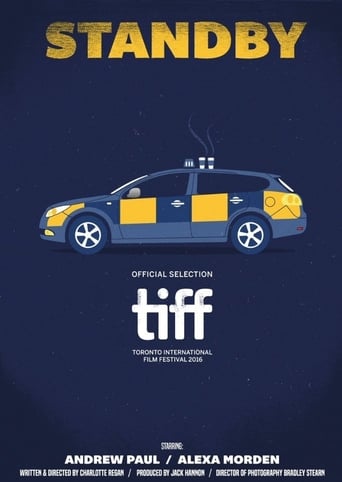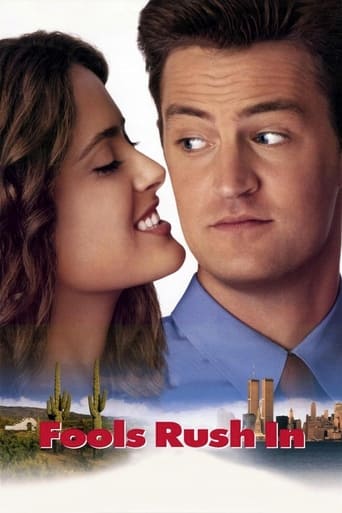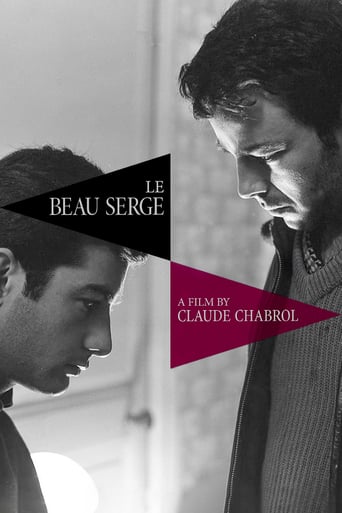
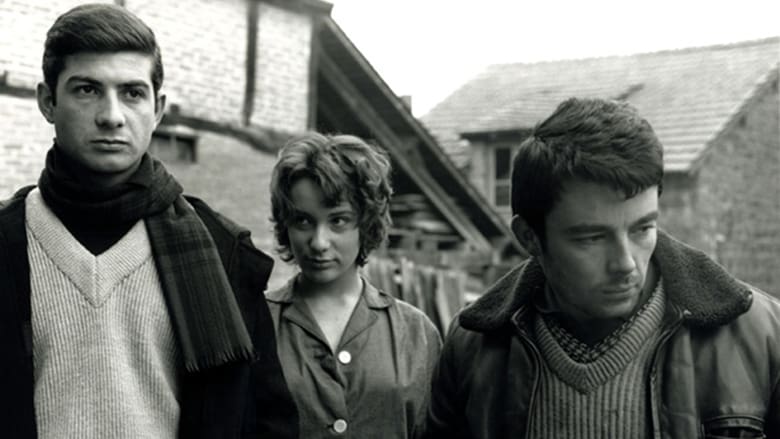
Le Beau Serge (1958)
François returns to his village after a long absence. He finds his friend Serge who has married Yvonne, and has developed an alcohol problem after the death of their stillborn child. Serge has become an angry, bitter figure not unlike the roles of James Dean, refusing to face reality and adulthood and François must help him.
Watch Trailer
Cast


Similar titles
Reviews
This film is considered to be the first film of the French New Wave film movement, preceding 400 Blows, Hiroshima Mon Amour and Breathless. I don't think you can put this film in the same category as those films. This film is a straight up conventional narrative about Francois who travels back to his hometown after 12 years, looking for a peaceful, restful place and recuperating from a lung infection, he finds that the people he once knew are all in dire straits. They are poor, provincial and cant seem to get out of their rut in this small town, the town Chabrol grew up in. Watching this film I didn't quite know in which way it was headed. The acting is superb and I really felt like I was in that small town with these people. Francois former friend turned alcoholic Serge turns in a convincing performance of drowning ambitions. This film was meticulously put together and the moving shots were intelligently fluid and effective. Unlike what other reviewers have said, this does not feel like a film from a first-timer. I have only seen Chabrol's last two films, Inspector Bellamy and A Girl Cut in Two and they were masterful in execution and i expected this one to be weaker but i was delightfully surprised. It holds up really well and I even think modern American audiences would enjoy this film about sacrifice and reformation.
France's so-called New Wave was a confluence of pretension and mediocrity. It was first and foremost a mid-fifties school of film criticism that postulated that (1) cinema was of great intellectual import, probably too good for the masses, and that (2) most successful French directors before the publication of its fanzine, "Les Cahiers du Cinéma" (Marcel Carné, Julien Duvivier, Marcel L'Herbier, Jean Gremillon, Henri-George Clouzot, Jean Delannoy, Henri Decoin, to name a few) should be despised, shunned, bullied, ridiculed and persecuted or at least treated with suspicion while most American directors of the same period (except for Wyler, Zinnemann and Stevens) were to be considered as "geniuses" and "pioneers". It was therefore based on a misunderstanding which made it more important to talk intelligently and pretentiously about films (thereby excluding most people from film appreciation) than to make films that people would actually want to see.The movement had two cliquish firebrands, Jean-Luc Godard - who made increasingly unwatchable and solipsistic films all through his career - and François Truffaut - an acid-tongued journalist who attained a certain commercial success with the help of snobism, in spite of his idiotic and dogmatic principles and his obvious lack of talent and humanity. They will always be remembered as the two vindictive and parochial "mean girls" of French cinema and judged by posterity as "dwarves standing on the shoulders of the giants that preceded them" (e.g.: Jean Renoir, René Clair and Sacha Guitry). Their main legacy is the sad fact that very few of France's really important films (i.e. pre-New Wave) have been preserved and restored for posterity, unlike their own idiotic opuses. For good measure, Truffaut also despised the work of Jean Gabin, Michèle Morgan, Gerard Philippe and Michel Simon. This misunderstanding also means that all the more successful, quietly innovative or truly revolutionary films of the period have been claimed as "New Wave" when they simply were not (e.g.: the best films of Chabrol, Malle, Varda, Demy, Resnais and Rohmer) and their directors have repeatedly said so, while the films of their "enemies" were excluded from any form of recognition (e.g.: Marcel Carné's "Les Tricheurs" and Julien Duvivier's "La Fête à Henriette")."Le Beau Serge" is a case in point. It can only be considered "New Wave" in that it is made with no money by a young, dedicated but inexperienced director who tried to imitate his elders and betters and made many mistakes along the way. At that point, Malle didn't know how to sustain attention, direct actors or put a final product together (look at the editing and listen to the music, all dreadful).This film is only watchable today because of Gérard Blain's heartfelt James Dean impression, Blain having been exploited by the New Wave for his charm and screen presence (and the fact he was married to Bernadette Lafond) and then vomited as soon as he started producing intelligent films that didn't carry the official New Wave label (e.g.: "Les Amis", 1970).Everything I wrote here has been written countless times before but it can never be repeated often enough.Chabrol himself once said: "There is no new wave, there is only the ocean."
The film that officially kick-started the "Nouvelle Vague" (interestingly, Chabrol was the only one in that talented crowd to have debuted with a full-length feature and self-financed to boot!) is, surprisingly, an "Angry Young Man"-type drama in a pastoral setting. The radical technique associated with this school of film-making is not really in evidence in this case, but nor is it needed – given that what we have here is essentially a character-driven piece.In this respect, apart from the director himself (who also wrote the film on his own), the film brought in an array of fresh talent in front of the cameras as well – namely Gerard Blain (evoking Montgomery Clift in particular), Jean-Claude Brialy (restrained in comparison to his other work for Chabrol that I have watched) and the waif-like Bernadette Lafont (already effortlessly exuding carnality in her second film – and the first of 7 with this director – she was also married to her co-star Blain at the time).Chabrol's realistic depiction of provincial France here, authentic both in the everyday detail of the locale and its characters' foibles (Blain is a hopeless drunk, Lafont is raped by her 'father', etc.), actually makes the much-later THE HORSE OF PRIDE (1980) not the odd-film-out it had at first appeared! One other atypical element is that of spirituality – especially when, towards the end, Brialy determines (albeit predictably) to reform Blain almost at the cost of his own life during one particularly blizzard-ridden night in which his friend is supposed to become a father! By the way, Chabrol gives himself a cameo in the film: with him appears assistant director Philippe de Broca (whose character is named Jacques Rivette, after another "New Wave" exponent, obviously!); unfortunately, the subtitles – in a small white font – were especially hard to read during this scene.
Born in 1930, this contemporary of Jean-Luc Godard, Francois Truffaut and Eric Rohmer really was, like them, a vital part of the French "New Wave"...if only to have helped usher it in via a neo-realist approach. This is Claude Chabrol's first film and it launched him on a career that spanned 40 years and included mostly thrillers, often inspired by Alfred Hitchcock. Other of his notable works include LES COUSINS (1959), OPHELIA (1962), LE BOUCHER (1969) and MADAME BOVARY (1991) An "enfant terrible" and a genuine eccentric, he approached the making of this first film in a way that would later be identified with the "new wave" movement. He used mostly inexperienced actors, crude editing, lots of location filming and imbued it with a sense of spontaneity. Focusing on content over style allowed him to carve out a distinct piece work that is both compelling and a fine study of human nature. From opening shots of pensive lead actor J.C. Brially* riding a bumpy bus into his childhood town to the powerful closing shot of Gerard Blain shocked into sobering up, this film will have you looking at LE BEAU SERGE with adoration. *(Catch Brially starring in one of the finer French horrror films made; LE DEMON DANS L'ILE)


